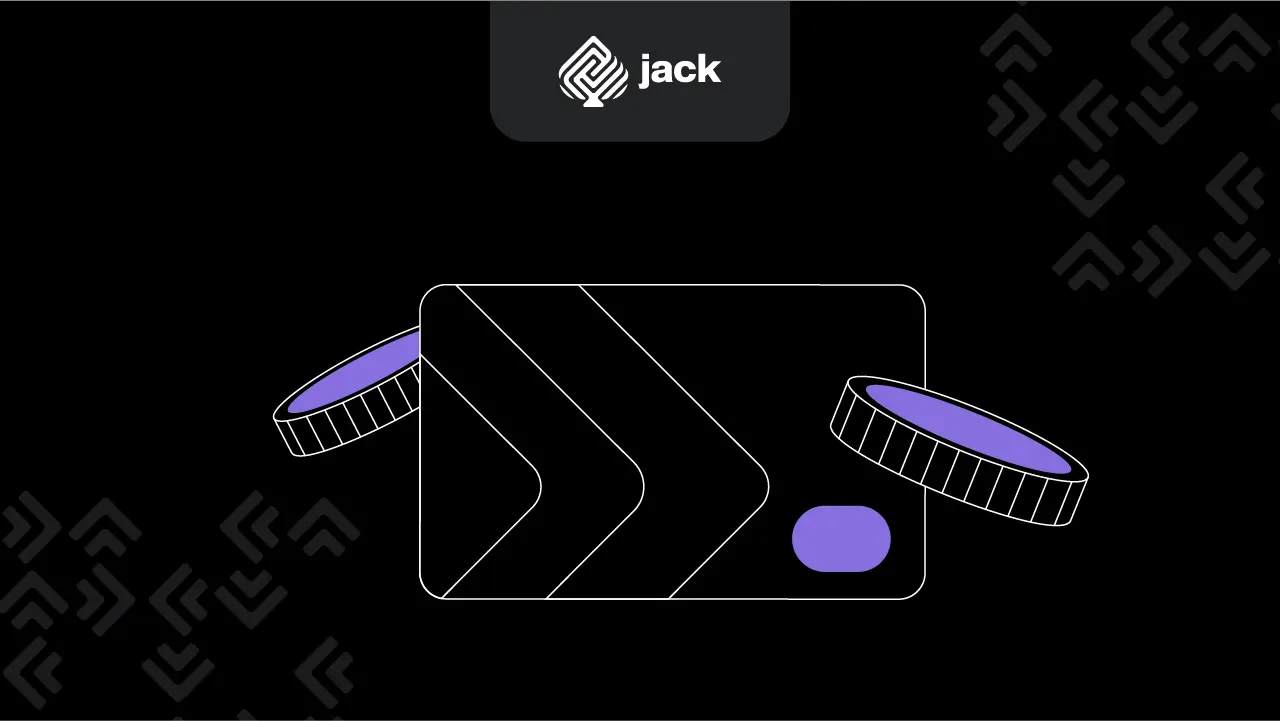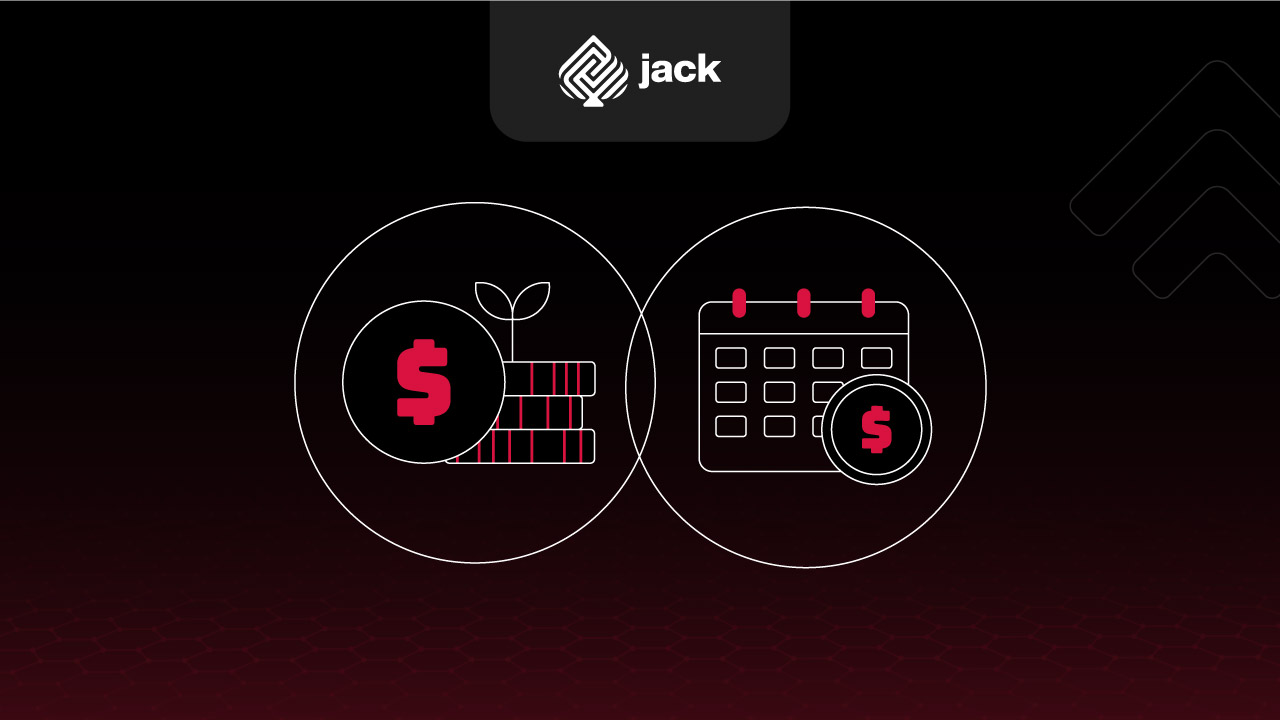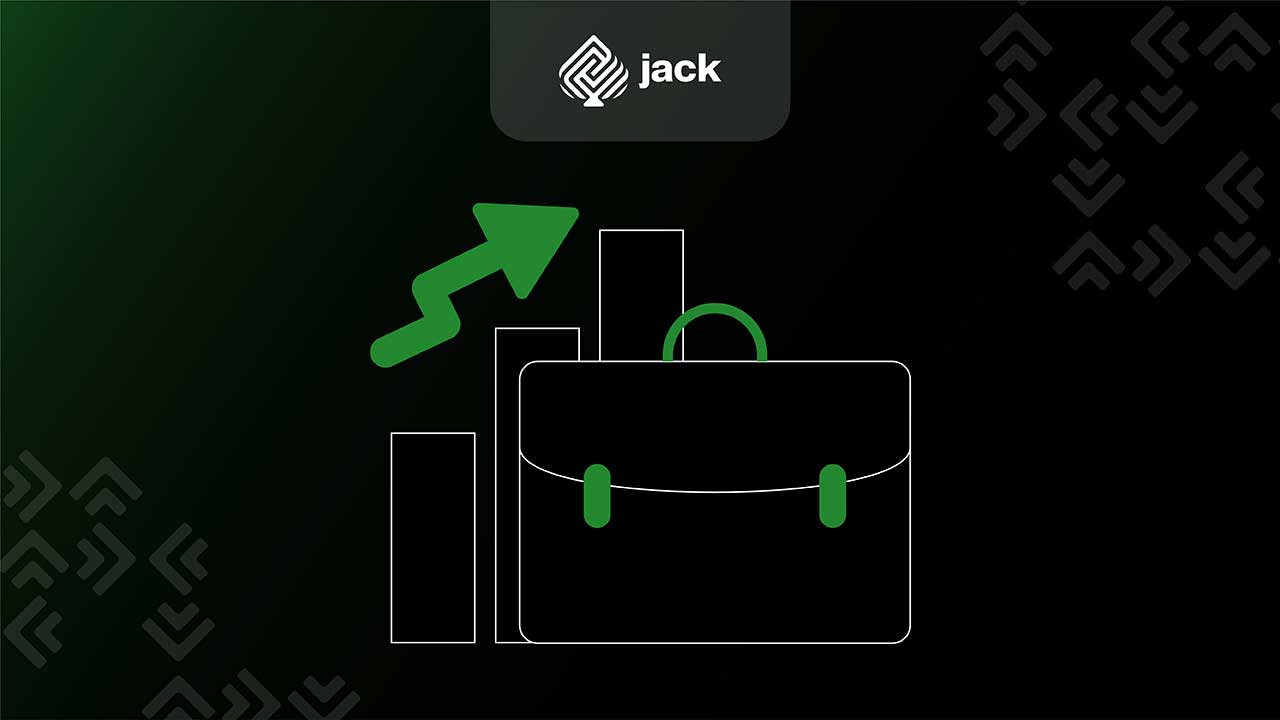Have you ever felt confused about whether to use a credit card or a debit card? While they may look similar, the truth is a credit card and a debit card difference lies in the source of funds, fees, and also its financial impact. Using a credit card provides convenience with installment options and promotions, but it also carries the risk of debt if not managed carefully.
On the other hand, a debit card is safer because transactions are directly deducted from your bank account, with no interest or extra charges. However, the right choice depends on how you manage your finances and your transaction goals. In this article, we will explore five key differences between credit cards and debit cards, along with factors to consider when choosing the best card for your needs.
Also read: Corporate Credit Card: Definition, Types, Benefits, and How Cards Work for Startups
What Is a Credit Card and a Debit Card?

Credit Card
According to Bank Indonesia, a credit card is a Payment Instrument Using a Card (APMK) that allows users to pay for transactions or withdraw cash on credit.
The funds used come from the issuing bank, and the cardholder must repay the amount at a later date. Credit card users can choose to pay in full or in installments, with interest applied to unpaid balances.
Advantages of Credit Cards:
- Installment options – Allows users to pay in smaller monthly amounts.
- Exclusive promotions and discounts – Many credit cards offer cashback, discounts, and other perks.
However, responsible use is essential, as high interest rates can lead to debt if payments are not made on time.
Debit Card
Unlike a credit card, a debit card uses funds directly from a user’s bank account balance for transactions. According to Indonesia’s Financial Services Authority (OJK), banks issue debit cards to account holders, allowing them to make payments at merchants or withdraw cash via ATMs.
Advantages of Debit Cards:
- Avoids debt risk – Transactions are deducted directly from your balance.
- Convenient ATM withdrawals – Access cash anytime without visiting a bank.
- No interest charges – Unlike credit cards, debit cards do not incur interest or additional fees.
Credit Card and Debit Card Difference

1. Source of Funds
The main difference between credit cards and debit cards is their source of funds. A credit card uses money lent by the bank, which must be repaid later. Meanwhile, a debit card directly deducts money from the cardholder’s bank account balance when a transaction is made.
2. Fees and Interest
Credit cards often have annual fees and interest charges on installment purchases or cash withdrawals. If you use a credit card to buy something and pay in installments, the interest can be quite high if not paid on time. In contrast, debit cards have no annual fees or interest, as payments are made directly from the user’s bank account.
3. Application Process
Applying for a credit card usually requires specific documents such as salary slips and a good credit history. These requirements ensure that the applicant can manage credit responsibly. Meanwhile, debit cards are generally issued instantly when opening a bank account, with no complex requirements.
4. Transaction Security
Credit cards provide better fraud protection. If unauthorized transactions occur, the user is not immediately charged since the funds have not yet been deducted from their account. On the other hand, debit cards are more vulnerable to fraud, as transactions instantly withdraw money from the user’s bank account.
Which One Is Best for You?

Choosing between a credit card and a debit card depends on personal financial habits and spending goals. If you enjoy promotions or need to make purchases in installments, a credit card may be the best option. However, if you prefer to avoid debt and control spending, a debit card is the safer and more practical choice.
Tips for Choosing the Right Card
Here are some considerations when deciding between a credit card and a debit card.
- Check annual fees and interest rates – Choose a credit card with costs that match your financial situation.
- Use a debit card for daily expenses – This helps maintain a budget and prevents overspending.
- Avoid using credit cards for non-essential purchases – Don’t accumulate debt for unnecessary items.
- Match your card choice with your lifestyle and financial goals.
When Should You Use a Credit or Debit Card?
- Use a credit card when you want to take advantage of promotions, 0% installment plans, or need emergency funds.
- Use a debit card for daily shopping, paying bills, or ATM withdrawals to maintain financial stability.
Credit Card vs. Debit Card for Business

Choosing the right card is essential for business transactions. Whether you’re a business owner or managing finances for a company, credit and debit cards serve different purposes in maintaining smooth financial operations.
Credit Cards for Large Purchases
For expensive purchases such as office equipment, machinery, or furniture, a credit card can be beneficial. For example, if your business needs five laptops worth $3,000, you can use a credit card and pay in monthly installments instead of spending all your cash at once.
Debit Cards for Routine Expenses
For daily business expenses, such as office supplies or utility bills, a debit card is a safer choice. Since payments are directly deducted from your account, you avoid debt and manage cash flow more effectively.
Corporate Cards for Employee Expenses
If you have employees handling business transactions, a corporate credit card is a great solution. Corporate cards allow employees to make work-related purchases without prior approval while keeping spending limits under company control.
See the API Document from Jack Finance here
Use Jack for Your Business Needs
Now that you understand the difference between credit cards and debit cards, it’s time to choose the right financial solution for your business. Jack offers comprehensive financial management tools, including corporate credit cards. Visit Jack Support to learn more and start improving your business financial management today!






